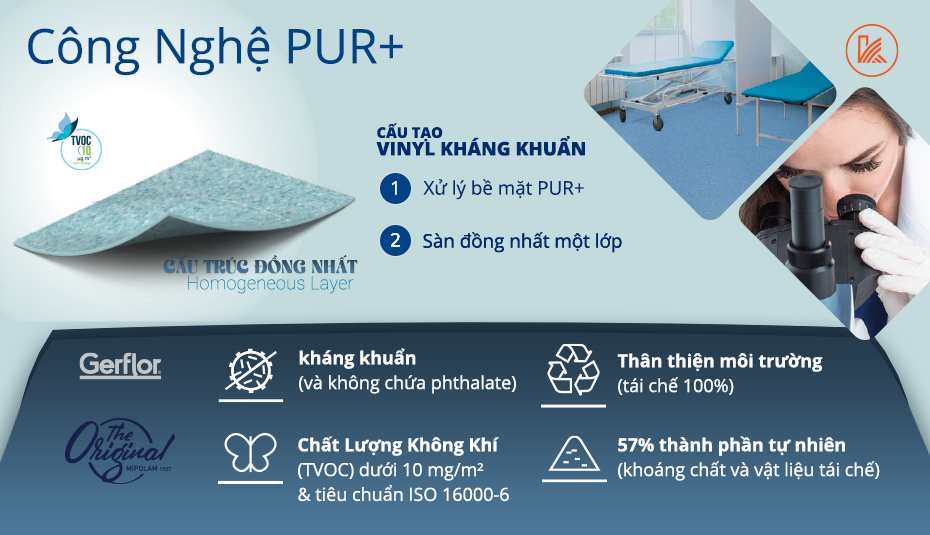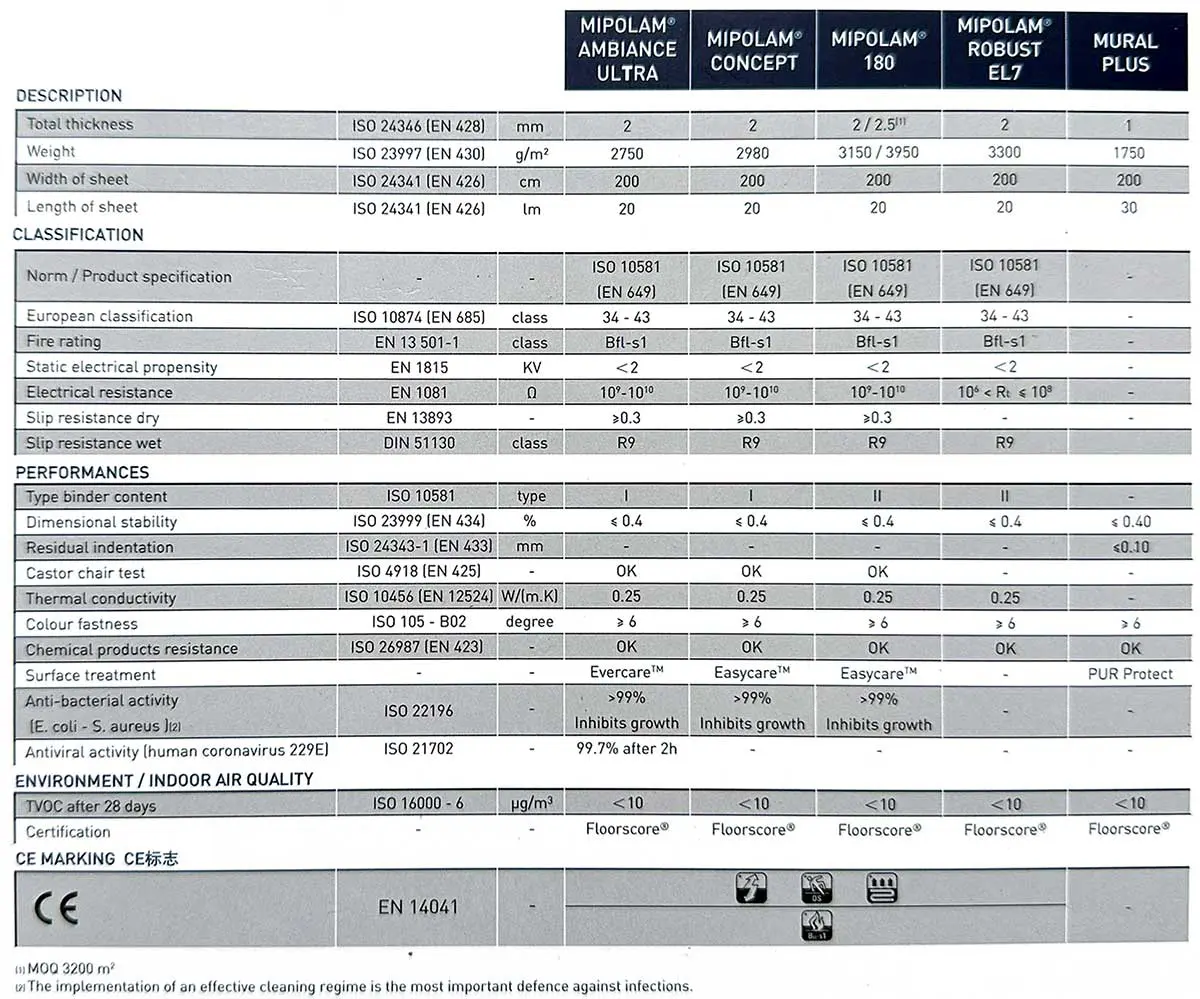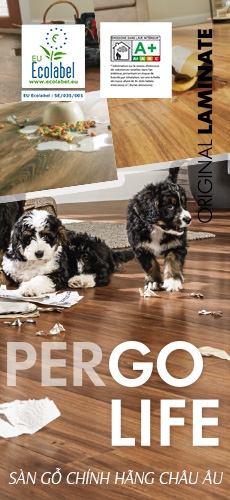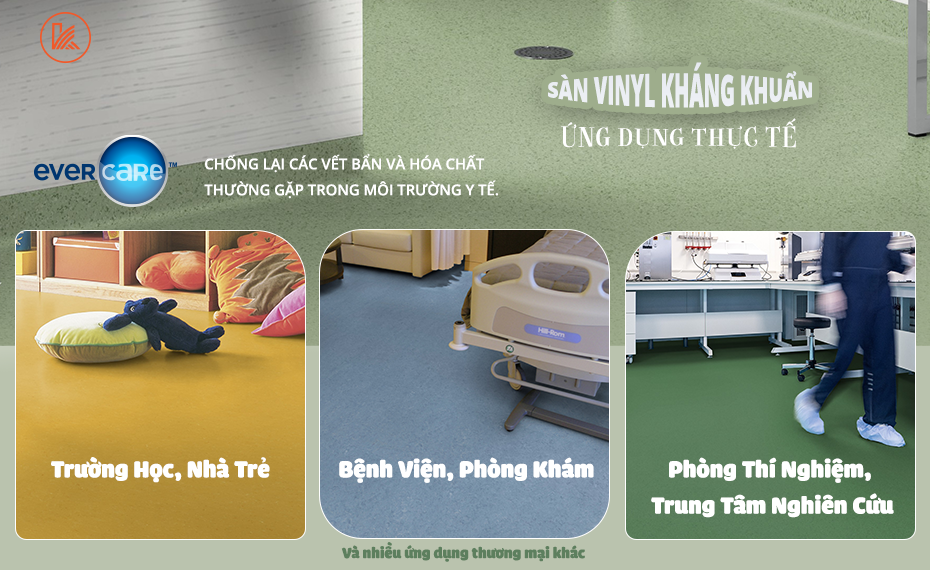-
KHO SÀN GỖ
QUẬN 2
91 Lương Định Của, Phường Bình An, Quận 2, HCM
Tel/Zalo: 0946 8888 91 -
KHO SÀN GỖ
QUẬN 6
68A Đặng Nguyên Cẩn, Phường 14, Q6, HCM
Tel/Zalo: 097 8888 395 -
KHO SÀN GỖ
QUẬN 7
444A Nguyễn Văn Linh, Tân Phú, Quận 7, HCM
Tel/Zalo: 091 8888 923 -
KHO SÀN GỖ
QUẬN 8
146 Phạm Hùng, X. Bình Hưng, Bình Chánh, HCM
Tel/Zalo: 091 8888 315 -
KHO SÀN GỖ
QUẬN 9
15 Dương Đình Hội, Phước Long B, Quận 9, HCM
Tel/Zalo: 091 8888 951 -
KHO SÀN GỖ
QUẬN 10
209 Tô Hiến Thành, Phường 13, Quận 10, HCM
Tel/Zalo: 0913 8888 01 -
KHO SÀN GỖ
QUẬN 12
484 Nguyễn Văn Quá, Đông Hưng Thuận, Quận 12, HCM
Tel/Zalo: 0913 8888 20 -
KHO SÀN GỖ
BÌNH TÂN
254 Nguyễn Thị Tú, Bình Hưng Hoà B, Bình Tân, HCM
Tel/Zalo: 084 8888 254 -
KHO SÀN GỖ
BÌNH CHÁNH
114 Đường số 12 KDC Phong Phú 4, Bình Chánh, HCM
Tel/Zalo: 090 8888 795 -
KHO SÀN GỖ
BÌNH THẠNH
443 Bạch Đằng, Phường 2, Quận Bình Thạnh, HCM
Tel/Zalo: 091 8888 443 -
KHO SÀN GỖ
CỦ CHI
410 Tổ 1, Khu Phố 4, Tỉnh lộ 8, Củ Chi, HCM
Tel/Zalo: 091 8888 755 -
KHO SÀN GỖ
GÒ VẤP
957 Phan Văn Trị, Phường 7, Quận Gò Vấp, HCM
Tel/Zalo: 092 8888 181 -
KHO SÀN GỖ
HÓC MÔN
249 Tô Ký, Tân Xuân, Hóc Môn, HCM
Tel/Zalo: 079 8888 249 -
KHO SÀN GỖ
KHA VẠN CÂN
867 Kha Vạn Cân, Linh Tây, Thủ Đức, HCM
Tel/Zalo: 081 8888 528 -
KHO SÀN GỖ
NHÀ BÈ
số 9 Nguyễn Hữu Thọ, Phước Kiển, Nhà Bè, HCM
Tel/Zalo: 089 8888 081 -
KHO SÀN GỖ
PHÚ NHUẬN
270/10 Nguyễn Trọng Tuyển, Phường 8, Phú Nhuận, HCM
Tel/Zalo: 091 8888 174 -
KHO SÀN GỖ
TÂY HÒA
137A Tây Hoà, Phước long A, Quận 9, Thủ Đức, HCM
Tel/Zalo: 085 888 8067 -
KHO SÀN GỖ
QUẬN TÂN BÌNH
760 Lạc Long Quân, Phường 9, Quận Tân Bình, HCM
Tel/Zalo: 091 88888 75 -
KHO SÀN GỖ
TÂN BÌNH
355 Cộng Hòa, Phường 13, Quận Tân Bình, HCM
Tel: 091 8888 032 -
KHO SÀN GỖ
TÂN PHÚ
249 Trần Thủ Độ, Phú Thạnh, Tân Phú, HCM
Tel/Zalo: 090 8888 916 -
KHO SÀN GỖ
TÂN THÀNH
51 Lê Đình Thụ, Tân Thành, Tân Phú, HCM
Tel/Zalo: 090 8888 240 -
KHO SÀN GỖ
TÂN TẠO
429/39 Chiến Lược, P. Bình Trị Đông A, Bình Tân, HCM
Tel/Zalo: 091 8888 721 -
KHO SÀN GỖ
THỦ ĐỨC
610 Quốc Lộ 13, Hiệp Bình Phước, Thủ Đức, HCM
Tel/Zalo: 081 8888 610 -
KHO SÀN GỖ
THỦ ĐỨC(Tam Phú)
234 M Tam Bình, Tam Phú, Thủ Đức, HCM
Tel/Zalo: 090 848 0002 -
KHO SÀN GỖ
CẦN GIỜ
2795 Huỳnh Tấn Phát, Ấp 6, Phú Xuân, Nhà Bè, HCM
Tel/Zalo: 089 8888 723 -
KHO SÀN GỖ
SÀI GÒN
223 Phan Huy Ích, Phường 14, Gò Vấp, HCM
Tel/Zalo: 091 8888 223
-
KHO SÀN GỖ
HÀ NỘI
342 Giải Phóng, Phương Liệt, Thanh Xuân, Hà Nội
Tel: 091 8888 601 -
KHO SÀN GỖ
HÀ ĐÔNG
Số 01, BT5 Khu đô thị Phú Lương, Hà Đông, Hà Nội
Tel: 091 8888 619 -
KHO SÀN GỖ
TÂY HỒ
586 Lạc Long Quân, P. Nhật Tân, Q. Tây Hồ. Hà Nội
Tel: 091 8888 927 -
KHO SÀN GỖ
SÓC SƠN
68 Đường 16, Thôn Phú Thọ, Đông Xuân, Sóc Sơn, Hà Nội
Tel: 091 8888 561 -
KHO SÀN GỖ
MỸ ĐÌNH
123 Nguyễn Văn Giáp, Nam Từ Liêm, Hà Nội
Tel: 091 8888 122 -
KHO SÀN GỖ
LONG BIÊN
583 Ngô Gia Tự, Đức Giang, Long Biên, Hà Nội
Tel: 091 8888 270
-
KHO SÀN GỖ
ĐÀ NẴNG
65 Võ Chí Công, Hòa Xuân, Cẩm lệ, Đà Nẵng
Tel: 093 8888 957 -
KHO SÀN GỖ
CẨM LỆ ĐÀ NẴNG
34 Ông Ích Đường, Thọ Hòa Tây, Cẩm Lệ, Đà Nẵng
Tel: 091 8888 715 -
KHO SÀN GỖ
HÒA XUÂN ĐÀ NẴNG
113C Võ Chí Công, Hòa Xuân, Cẩm lệ, Đà Nẵng
Tel: 091 8888 473
-
KHO SÀN GỖ
BIÊN HÒA
126B, Quốc Lộ 1A, khu phố 4, Tân Hiệp, Biên Hòa, Đồng Nai
Tel/Zalo: 089 8888 005 - 091 8888 647 -
KHO SÀN GỖ
TRẢNG BOM
Số 5/4 Lộc Hoà, QL1A, Tây Hoà, Trảng Bom, Ðồng Nai
Tel/Zalo: 091 8888 061 -
KHO SÀN GỖ
LONG THÀNH
Tổ 10 Phạm Văn Đồng, khu Cầu Xéo, Long Thành, Đồng Nai
Tel/Zalo: 091 8888 146 -
KHO SÀN GỖ
GIA KIỆM
35/2E Quốc lộ 20, Thống Nhất, Ðồng Nai
Tel: 090 8888 635 -
KHO SÀN GỖ
XUÂN LỘC
404 Hùng Vương, Gia Ray, Xuân Lộc, Đồng Nai
Tel: 081 8888 433 -
KHO SÀN GỖ
ĐỊNH QUÁN
54 Phố 2, Ấp 3, Phú Lợi, Định Quán, Đồng Nai
Tel: 081 8888 764 -
KHO SÀN GỖ
LONG KHÁNH
Số 1 Quốc Lộ 1A , Đường 21 tháng 4 , KP Núi Tung , TP. Long Khánh , Đồng Nai
Tel: 085 8888 781
-
KHO SÀN GỖ
BÀ RỊA
75 Nguyễn Tất Thành, Phước Nguyễn, Bà Rịa, Bà Rịa - Vũng Tàu, Vietnam
Tel/Zalo: 0813 9999 72
-
SHOWROOm SÀN GỖ
VŨNG TÀU
170A Huyền Trân Công Chúa, Phường 8, Vũng Tàu
Tel: 091 8888 165 -
KHO SÀN GỖ
VŨNG TÀU
117 Huyền Trân Công Chúa, Phường 8, Vũng Tàu
Tel: 081 8888 165
-
KHO SÀN GỖ
BÌNH DƯƠNG
62 Phạm Ngọc Thạch, Hiệp Thành, Thủ Dầu Một, Bình Dương
Tel/Zalo: 089 8888 062 - 090 8888 062
-
KHO SÀN GỖ
BÌNH PHƯỚC
729 Quốc lộ 14, Tân Bình, Đồng Xoài, Binh Phước
Tel/Zalo: 089 8888 729 - 090 8888 193
-
KHO SÀN GỖ
TÂY NINH
445 Lạc Long Quân, Hiệp Tân, Hoà Thành, Tây Ninh
Tel: 089 8888 250 -
KHO SÀN GỖ
TRẢNG BÀNG
244A Nguyễn Văn Rốp, Trảng Bàng, Tây Ninh
Tel: 070 8888 170
-
KHO SÀN GỖ
KHÁNH HÒA
442 Lê Hồng Phong, Phước Hải, Nha Trang, Khánh Hoà
Tel: 090 8888 906 -
KHO SÀN GỖ
NHA TRANG
B1 Chung Cư Lê Hồng Phong, Phước Hải, Nha Trang, Khánh Hoà
Tel: 091 8888 997
-
KHO SÀN GỖ
LA GI
Số 4 Nguyễn Trường Tộ, Phường 10, Lagi, Bình Thuận
Tel: 090 8888 085 -
KHO SÀN GỖ
PHAN THIẾT
64 Đại Lộ Hùng Vương, Phú Thủy, Phan Thiết
Tel: 091 8888 742
-
KHO SÀN GỖ
PHAN RANG
95 QL1, Ngã 3 Long bình, Ninh Phước, Phan Rang, Ninh Thuận
Tel: 082 8888 095
-
KHO SÀN GỖ
BẢO LỘC
15B Nguyễn Văn Cừ, Lộc Sơn, Bảo Lộc, Lâm Đồng
Tel: 090 8888 053 -
KHO SÀN GỖ
ĐỨC TRỌNG
358 Quốc Lộ 20, Liên Nghĩa, Đức Trọng, Lâm Đồng
Tel/Zalo: 090 8888 053 -
KHO SÀN GỖ
ĐÀ LẠT
29A Xô Viết Nghệ Tĩnh, Phường 7, Đà Lạt, Lâm Đồng
Tel/Zalo: 091 8888 506
-
KHO SÀN GỖ
GIA LAI
373 Phạm Văn Đồng, Pleiku, Gia Lai
Tel/Zalo: 089 8888 373 - 091 8888 350 -
KHO SÀN GỖ
PLEIKU
30/12 Sư Vạn Hạnh, Pleiku, Gia Lai
Tel/Zalo: 089 8888 373
-
KHO SÀN GỖ
KON TUM
61 Phạm Văn Đồng, Lê Lợi, Kon Tum
Tel/Zalo: 091 8888 137
-
KHO SÀN GỖ
ĐẮK LẮK
105 Hà Huy Tập, Tân Lợi, Buôn Ma Thuột, Đắk Lắk.
Tel: 091 8888 945 -
KHO SÀN GỖ
BUÔN MA THUỘT
38 Nguyễn Hữu Thọ, Tân An, Buôn Ma Thuột, Đắk Lắk.
Tel: 0855 8888 02
-
KHO SÀN GỖ
ĐẮK NÔNG
30 Lê Lai, Nghĩa Trung, Gia Nghĩa, Đắk Nông
Tel: 090 8888 537
-
KHO SÀN GỖ
QUY NHƠN
114 Đào Tấn, Nhơn Bình, Qui Nhơn, Bình Định
Tel: 090 8888 776 -
KHO SÀN GỖ
HOÀI NHƠN
348 Quang Trung, Tam Quan, Hoài Nhơn, Bình Định
Tel: 0965 8888 43 -
KHO SÀN GỖ
BÌNH ĐỊNH
1213 Trần Hưng Đạo, Đống Đa, Quy Nhơn, Bình Định
Tel: 082 8888 920
-
KHO SÀN GỖ
PHÚ YÊN
220 Nguyễn Văn Linh, Phú Lâm, Tuy Hòa, Phú Yên
Tel: 090 8888 057 -
KHO SÀN GỖ
TUY HÒA
138 Lê Lợi, Phường 4, Tuy Hòa, Phú Yên
Tel: 082 8888 078
-
KHO SÀN GỖ
QUẢNG NGÃI
180 Hai Bà Trưng, Lê Hồng Phong, Quảng Ngãi
Tel: 091 8888 274
-
KHO SÀN GỖ
QUẢNG NAM
130 Nguyễn Văn Trỗi, Tân Thạnh, Tam Kỳ, Quảng Nam
Tel: 094 8888 130
-
KHO SÀN GỖ
HUẾ
34 Hoàng Quốc Việt, An Đông, Huế, Thừa Thiên Huế
Tel: 0764 8888 27
-
KHO SÀN GỖ
QUẢNG TRỊ
399 Quốc Lộ 9, Đông Hà, Quảng Trị
Tel: 0969 8888 74
-
KHO SÀN GỖ
QUẢNG BÌNH
545A Lý Thường Kiệt, Đồng Phú, Đồng Hới, Quảng Bình.
Tel: 094 8888 973
-
KHO SÀN GỖ
NGHỆ AN
52, Phạm Đình Toái, Hà Huy Tập, Vinh, Nghệ An
Tel: 091 8888 480 -
KHO SÀN GỖ
CỬA LÒ
350 Phạm Nguyễn Du, Nghi Hải, Cửa Lò, Vinh, Nghệ An
Tel: 0902 8888 37 -
KHO SÀN GỖ
QUÁN HÀNH
Đ. Xã Đoài, Khối 6, Nghi Lộc, Nghệ An
Tel: 094 8888 231
-
KHO SÀN GỖ
LONG AN
90 Hùng Vương, Tân An, Long An
Tel: 091 8888 097
-
KHO SÀN GỖ
TIỀN GIANG
286-288 Nguyễn Công Bình, Mỹ Tho, Tiền Giang
Tel: 079 8888 282
-
KHO SÀN GỖ
BẾN TRE
712 Ấp Hòa Trung, Sơn Hòa, Châu Thành, Bến Tre.
Tel: 083 8888 065
-
KHO SÀN GỖ
VĨNH LONG
94 Ba Tháng Hai, Phường 1, Vĩnh Long
Tel: 092 8888 955
-
KHO SÀN GỖ
ĐÔNG THÁP
68 Vành Đai, tổ 18, Hoà Khánh, Hòa An, Cao Lãnh, Đồng Tháp
Tel: 0898 888 937
-
KHO SÀN GỖ
CẦN THƠ
218 Đường 3-2, Hưng Lợi, Ninh kiều, Cần Thơ
Tel: 091 8888 677
-
KHO SÀN GỖ
SÓC TRĂNG
417 Tôn Đức Thắng,Phường 5, Sóc Trăng
Tel: 083 8888 417
-
KHO SÀN GỖ
BẠC LIÊU
42A Tôn Đức Thắng, Khóm 7, Phường 1, Bạc Liêu.
Tel: 091 8888 294
-
KHO SÀN GỖ
CHÂU ĐỐC
140 Trưng Nữ Vương, Châu Phú B, Châu Đốc, An Giang.
Tel: 098 888 4640
-
KHO SÀN GỖ
KIÊN GIANG
187 Quang Trung, P. Vĩnh Quang, Rạch Giá, Kiên Giang.
Tel: 0817 8888 23 -
KHO SÀN GỖ
PHÚ QUÝ
Lô P1-13 Đường 3/2, P. An Hoà, Rạch Giá, Kiên Giang.
Tel: 091 8888 316
-
KHO SÀN GỖ
PHÚ QUỐC
38 Mạc Cửu, Khu Phố 4, Dương Đông, Phú Quốc, Kiên Giang
Tel: 091 8888 402
-
KHO SÀN GỖ
NAM ĐỊNH
308 Trường Chinh, Vị Xuyên, TP Nam Định
Tel: 090 8888 534
-
KHO SÀN GỖ
HẢI PHÒNG
209 Bùi viện, Vĩnh Niệm, Lê Chân, TP Hải Phòng
Tel: 084 8888 209 -
KHO SÀN GỖ
VIỆT PHÁT
Lô B06, Anh Dũng 1, Dương Kinh, TP Hải Phòng
Tel: 091 8888 964
-
NHÀ MÁY SẢN XUẤT SÀN GỖ
KCN 7 MẪU, Tân Uyên, Bình Dương.
Tel: 091 8888 820 -
NHÀ MÁY SẢN XUẤT TẤM ỐP PVC
Lô 8 đường số 9 CCN Hải Sơn, Đức Hoà, Long An.
Tel: 0913 8888 23 -
NHÀ MÁY SẢN XUẤT GỖ NHỰA WPC
KCN Châu Sơn, Lê Hồng Phong, Phủ Lý, Hà Nam.
Tel: 088 666 7766 -
NHÀ MÁY SẢN XUẤT SÀN GỖ CÔNG NGHIỆP
KCN Phú Thành, Xã Phú Thành, Lạc Thủy, Hòa Bình.
Tel: 0913 696 393 -
XƯỞNG SẢN XUẤT TẤM THAN TRE
221/3 Phan Huy Ích, Phường 14, Gò Vấp, HCM.
Tel: 091 8888 965 -
NHÀ MÁY SẢN XUẤT SÀN NHỰA
Số 5, KCN Hải Sơn, Đức Hòa, Long An.
Tel: 091 8888 820
TƯ VẤN MIỄN PHÍ: 1800 6121 - Hotline: 0913.8888.01 - 0913.8888.02 (Viber / Zalo) - LIÊN HỆ

Antibacterial Vinyl Flooring
In an era where health is a top priority, creating a safe and clean living space becomes a top priority. The floor - the place we come into direct contact with every day - plays an extremely important role in ensuring the health of the whole family. And antibacterial vinyl flooring is the optimal solution, bringing absolute peace of mind to you and your loved ones.

Antibacterial vinyl flooring eliminates the fear of bacteria, clean space, healthy life.
Did you know that the floor is full of harmful bacteria, which is the leading cause of respiratory and digestive diseases, especially in children and the elderly? Antibacterial vinyl flooring was born as a solid "shield", protecting your family's health comprehensively.
Antibacterial vinyl flooring collections:

So what makes antibacterial vinyl flooring superior?
- Advanced antibacterial technology, outstanding efficiency: Integrated with modern antibacterial technology, silver ions (Ag+) are released from the floor, inhibiting the growth and development of bacteria and mold, ensuring a clean and safe living environment.
- Anti-static, absolutely safe: Meeting international standard DIN 51953, antibacterial vinyl flooring has effective anti-static ability, prevents the risk of fire and explosion, safe for electronic equipment, especially in hospital and laboratory environments.
- Fire retardant, maximum protection: Flooring materials meet fire retardant level B1 (DIN 4102) standards, minimizing damage when a fire occurs.
- “Super durable” that defies time: Scratch-resistant, abrasion-resistant, impact-resistant, fade-resistant, antibacterial vinyl flooring retains its beauty for a long time, giving you peace of mind for long-term use.
- Absolutely waterproof, suitable for all weather conditions: The floor is always dry, clean, no warping or blistering even in wet weather conditions.
- Sophisticated aesthetics, diverse choices: Wood grain patterns, natural stone grain, rich colors, antibacterial vinyl flooring brings luxurious, modern beauty, suitable for all architectural styles.
- Quick construction, easy cleaning: Saves time, effort and costs for installation, cleaning and maintenance.
Antibacterial vinyl flooring technical specifications demonstrate superior quality.
| Standard | Criteria | Specifications | Interpretation |
| European Standard EN 426 | About size | 200 x 2000 cm | European standard EN 426 regulates the size of floor panels, ensuring uniformity and accuracy in the size of each floor panel, making construction and installation easier, faster and more aesthetically pleasing. |
| European Standard EN 428 | Thickness | 2.0mm, 2.5mm, 3.0mm |
European standard EN 428 regulates the thickness of floor panels, which directly affects the durability, load-bearing capacity and impact resistance of the floor. |
| European Standard EN 430 | Weight | 3.8kg/m², 4.8kg/m², 5.8kg/m | European standard EN 430 regulates the weight of floor panels, which is related to the density of the material and affects the load-bearing capacity of the floor. |
| ASTM E648 | Antistatic | Class I | Classification of antistatic properties of materials, important for spaces with a lot of electronic equipment. ASTM E648 Class I : Insulating materials, surface resistance > 10⁹ Ω (according to IEC 61340-4-5) |
| IEC 61340-4-5 EN 1081 | Resistor | >10⁹ Ω | Measures antistatic ability. >10⁹ Ω : High surface resistance, good insulation. |
| DIN EN 13893 | Anti-Slip | Class R9 |
Determination of the slip resistance of floors by the pendulum test method. DIN EN 13893 Class R9 : Tilt angle from 6° to 10°, suitable for areas with low risk of slipping. |
| German Standard DIN 4102 | Fire retardant | Class Bfl-s1 |
German standard DIN 4102 is one of the most important standards for the fire resistance of building materials. Antibacterial vinyl flooring meets fire resistance standards level Bfl-s1 (DIN 4102) , which means the material has the ability to self-extinguish, minimizing the spread of fire, increasing escape time and minimizing damage to people and property when a fire occurs. |
| EN 105 | Color Fastness | > 6 |
- Evaluates the color fastness of the material when exposed to light. - EN 105 > 6 : Very good color fastness, no fading during use. |
| Antibacterial Activity | 26 - 50 |
- Represents the antibacterial ability of the material, the higher the index, the stronger the antibacterial ability and the longer the effect. |
|
| ISO 26987 (EN 423) | Chemical Resistant | ISO 26987 (EN 423) | - Evaluate the chemical resistance of materials. - Withstand the effects of most common chemicals. |
| Floorscore® | Air Quality | Get certified | Indoor air quality certification ensures the product emits low levels of volatile organic compounds (VOCs), safe for users' health. |
Antibacterial vinyl flooring for hospitals and healthcare - Improving the quality of healthcare services:
In hospital and clinic environments, infection control is extremely important. Antibacterial vinyl flooring for hospitals and medical facilities with the ability to prevent bacteria and mold growth, easy to clean and wipe, is the top choice for:
- Operating room, patient room, emergency room: Ensure a sterile, safe environment for patients, especially those with weak immune systems.
- Laboratory, pharmacy: Prevent cross-contamination, ensure accuracy of test results.
- Hospital corridors and reception areas: Create a clean, safe space, minimizing the risk of cross-infection for patients, patients' relatives and medical staff.
Antibacterial vinyl flooring for kindergartens and schools - Building the future from the first steps:
Young children have weak immune systems and are susceptible to bacterial attacks. Antibacterial vinyl flooring for kindergartens and schools creates a safe and healthy learning environment for children:
- Classrooms, function rooms, libraries: Help children play and study comfortably without worrying about harmful bacteria.
- Kitchen, dining room: Ensure food hygiene and safety, protect children's health.
- Sanitary area: Prevents bacteria from growing and spreading, protecting children's health.
Antibacterial vinyl flooring for home - Creating a healthy and safe living space:
Antibacterial vinyl flooring for the home is the perfect choice for every space in your home:
- Living room: Creates a luxurious, modern impression, expressing the homeowner's refined aesthetic taste.
- Bedroom: Brings a cozy, intimate feeling, for a better and deeper sleep.
- Kitchen: Easy to clean, wipe, keep the kitchen space clean and tidy.
- Laundry room: Anti-slip, waterproof, ensuring safety for the whole family.
Antibacterial vinyl flooring is applied in other industries:
Antibacterial vinyl floors are also widely used in areas such as restaurants, hotels, offices, shopping centers, pharmaceutical and food factories, etc.
Specification Table Of Antibacterial Vinyl Flooring Lines

Absolutely safe. Antibacterial Vinyl Flooring is made from high-quality materials, free from harmful chemicals, non-irritating to the skin, and contains no dust. It is completely safe for infants and young children with asthma or allergies.
Antibacterial Vinyl Flooring has a specially treated surface that enhances friction and effectively prevents slipping, ensuring safety for users even when the floor is wet.
Antibacterial Vinyl Flooring has high scratch and abrasion resistance, so you can use it confidently without worrying about scratches caused by pets, sharp objects, etc.
You can easily clean the floor by sweeping and mopping regularly. It is recommended to use a soft cloth and avoid using harsh cleaning agents that could reduce the floor's shine.
The lifespan of Antibacterial Vinyl Flooring depends on the product quality, installation method, and usage. On average, the floor can last between 10 - 20 years.
Antibacterial Vinyl Flooring comes in various price ranges depending on the brand, origin, design, thickness, etc. Contact us now for consultation and the best price!
























.png)




